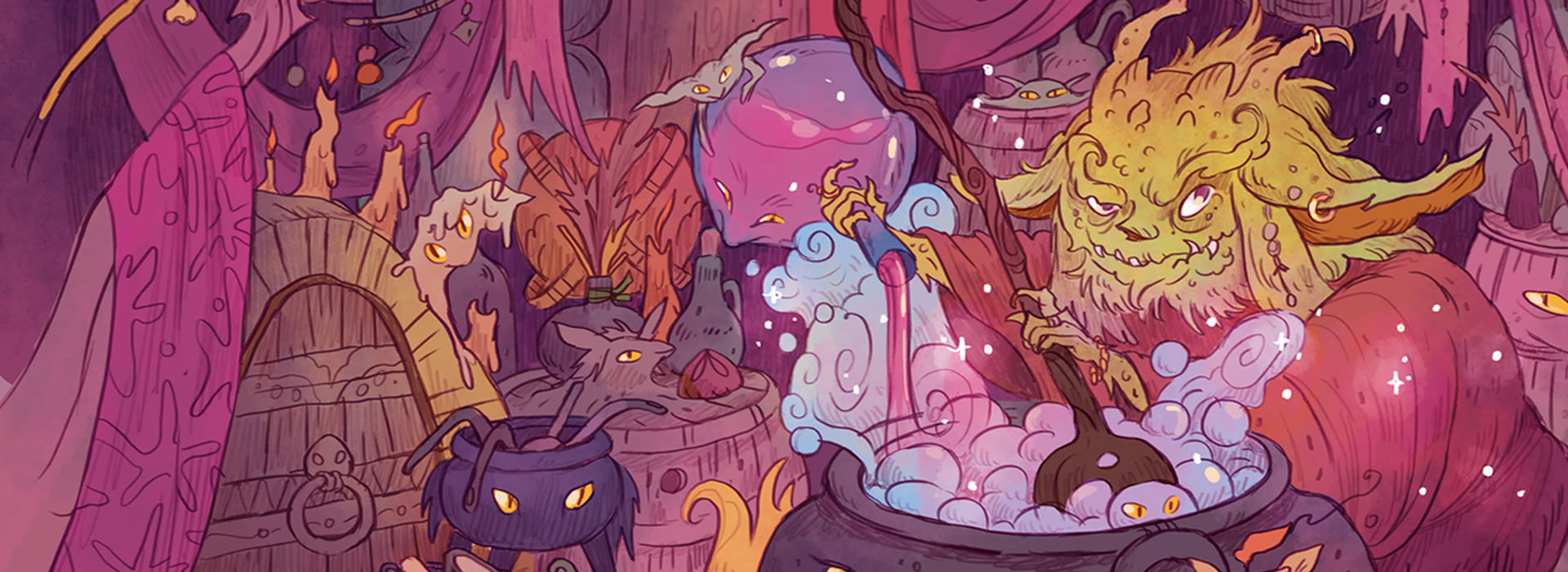
Lorwyn Eclipsed Marketing Kit and Promotional Resources
Your Lorwyn Eclipsed marketing kit is packed with tools to support your events, showcase new products, and draw players in for an unforgettable season. See what's inside!

Lorwyn Eclipsed Marketing Kit and Promotional Resources
Your Lorwyn Eclipsed marketing kit is packed with tools to support your events, showcase new products, and draw players in for an unforgettable season. See what's inside!

Lorwyn Eclipsed – Dates, Events, and Promo Details
Start planning your Lorwyn Eclipsed season now with a look ahead at key dates, events, products, and more to engage your community.

Lorwyn Eclipsed – Dates, Events, and Promo Details
Start planning your Lorwyn Eclipsed season now with a look ahead at key dates, events, products, and more to engage your community.

60-Card Theme Decks: New Paths into Constructed Magic
Discover how 60-Card Theme Decks help you welcome new players and inspire returning ones with resonant themes, strong gameplay, and easy upgrade paths that bring customers back to your store.

60-Card Theme Decks: New Paths into Constructed Magic
Discover how 60-Card Theme Decks help you welcome new players and inspire returning ones with resonant themes, strong gameplay, and easy upgrade paths that bring customers back to your store.

Draft Night: A Fun, Ready-to-Play Way to Grow Your Magic Community
Draft Night makes Magic drafting easier than ever with everything players need for four-player fun, and everything stores need to grow their community, engagement, and to inspire repeat play.

Draft Night: A Fun, Ready-to-Play Way to Grow Your Magic Community
Draft Night makes Magic drafting easier than ever with everything players need for four-player fun, and everything stores need to grow their community, engagement, and to inspire repeat play.

Delight Fans with New Magic: The Gathering®—FINAL FANTASY End-of-Year Release
Magic: The Gathering—FINAL FANTASY is back December 5 with must-have products and a promo-driven Commander event that fans won't want to miss.

Delight Fans with New Magic: The Gathering®—FINAL FANTASY End-of-Year Release
Magic: The Gathering—FINAL FANTASY is back December 5 with must-have products and a promo-driven Commander event that fans won't want to miss.

Magic: The Gathering® | Avatar: The Last Airbender™ Marketing Kit and Promotional Resources
Unite the elements of your marketing in perfect harmony! Explore the tools, signage, and digital assets that bring Magic: The Gathering | Avatar: The Last Airbender to life in your store.

Magic: The Gathering® | Avatar: The Last Airbender™ Marketing Kit and Promotional Resources
Unite the elements of your marketing in perfect harmony! Explore the tools, signage, and digital assets that bring Magic: The Gathering | Avatar: The Last Airbender to life in your store.

Secret Lair at WPN Stores: How Does It Work?
Secret Lair showcases a wonderfully different side of Magic: The Gathering. Here's how and why to bring it to your store.

Secret Lair at WPN Stores: How Does It Work?
Secret Lair showcases a wonderfully different side of Magic: The Gathering. Here's how and why to bring it to your store.
Catch Up on the Latest WPN Resources

Lorwyn Eclipsed Products
Light and shadow converge in the exciting Lorwyn Eclipsed product lineup.

Download Marketing Assets
Power your promotions for events and products with the latest downloadable assets.

Schedule Events Now
Players are ready to play! Visit the Events Calendar and schedule your events so they can join the fun.

Apply to Join the Wizards Play Network
Visit our support site, select your region, and submit a request to apply.

Ramp Up Your Membership. Get on the Path to WPN Premium.
WPN Premium designation is the best way to become a world-class game store. Score extra WPN membership benefits including bonus marketing materials, exclusive promos, and WPN Premium-only events.
Any WPN store can apply—and you’ll have individualized support every step of the way.


